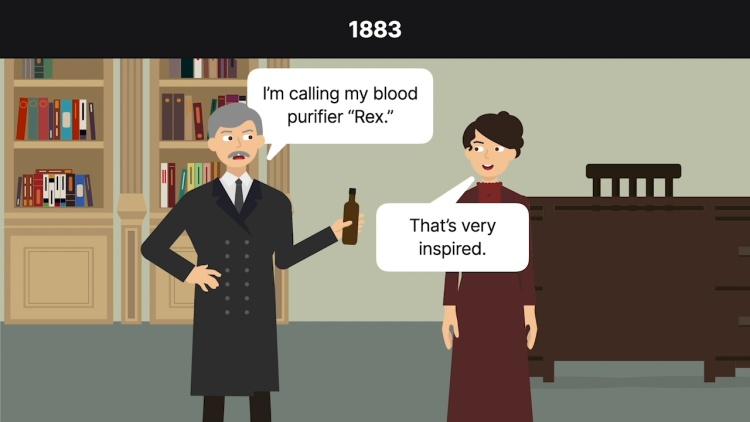United Drug Co. v. Theodore Rectanus Co.
United States Supreme Court
248 U.S. 90 (1918)
- Written by Lauren Petersen, JD
Facts
Ellen Regis lived in Massachusetts. Around 1877, Regis began manufacturing and selling a medicine for dyspepsia that she called “Rex.” Regis registered Rex as a trademark in Massachusetts in 1898. Rex was sold throughout New England. Eventually, United Drug Company (United Drug) (plaintiff) bought both the business and the trademark rights in the Rex mark. United Drug manufactured and distributed drugs through its chain of drug stores named “Rexall.” United Drug had four Rexall stores in Louisville, Kentucky. In 1912, United Drug began selling Rex at its Louisville stores. Around 1883, Theodore Rectanus began selling a blood-purifying drug called “Rex.” Rectanus was a resident in Louisville, Kentucky and marketed Rex in the Louisville area through the Theodore Rectanus Company (Rectanus Company) (defendant). In the decades before United Drug’s expansion into the Louisville, Kentucky market in 1912, neither United Drug nor the Rectanus Company were aware of each other’s use of the Rex mark. However, in 1912, United Drug sued the Rectanus Company for trademark infringement and unfair competition and sought an injunction to stop the Rectanus Company from using the Rex mark. The district court found that both companies had used the Rex mark in good faith, having no knowledge of each other’s activities. However, the court granted United Drug exclusive use of the Rex mark, reasoning that Regis began using the Rex mark in 1877, which is six years earlier than the Rectanus Company began using the mark in 1883. The Rectanus Company appealed. The court of appeals held that United Drug was not entitled to an injunction against the Rectanus Company because Regis had not attempted to make the Rex mark known outside of New England and could not expect that companies in other regions would be aware of her use. The Supreme Court granted certiorari to hear the case.
Rule of Law
Issue
Holding and Reasoning (Pitney, J.)
What to do next…
Here's why 904,000 law students have relied on our case briefs:
- Written by law professors and practitioners, not other law students. 47,100 briefs, keyed to 995 casebooks. Top-notch customer support.
- The right amount of information, includes the facts, issues, rule of law, holding and reasoning, and any concurrences and dissents.
- Access in your classes, works on your mobile and tablet. Massive library of related video lessons and high quality multiple-choice questions.
- Easy to use, uniform format for every case brief. Written in plain English, not in legalese. Our briefs summarize and simplify; they don’t just repeat the court’s language.





